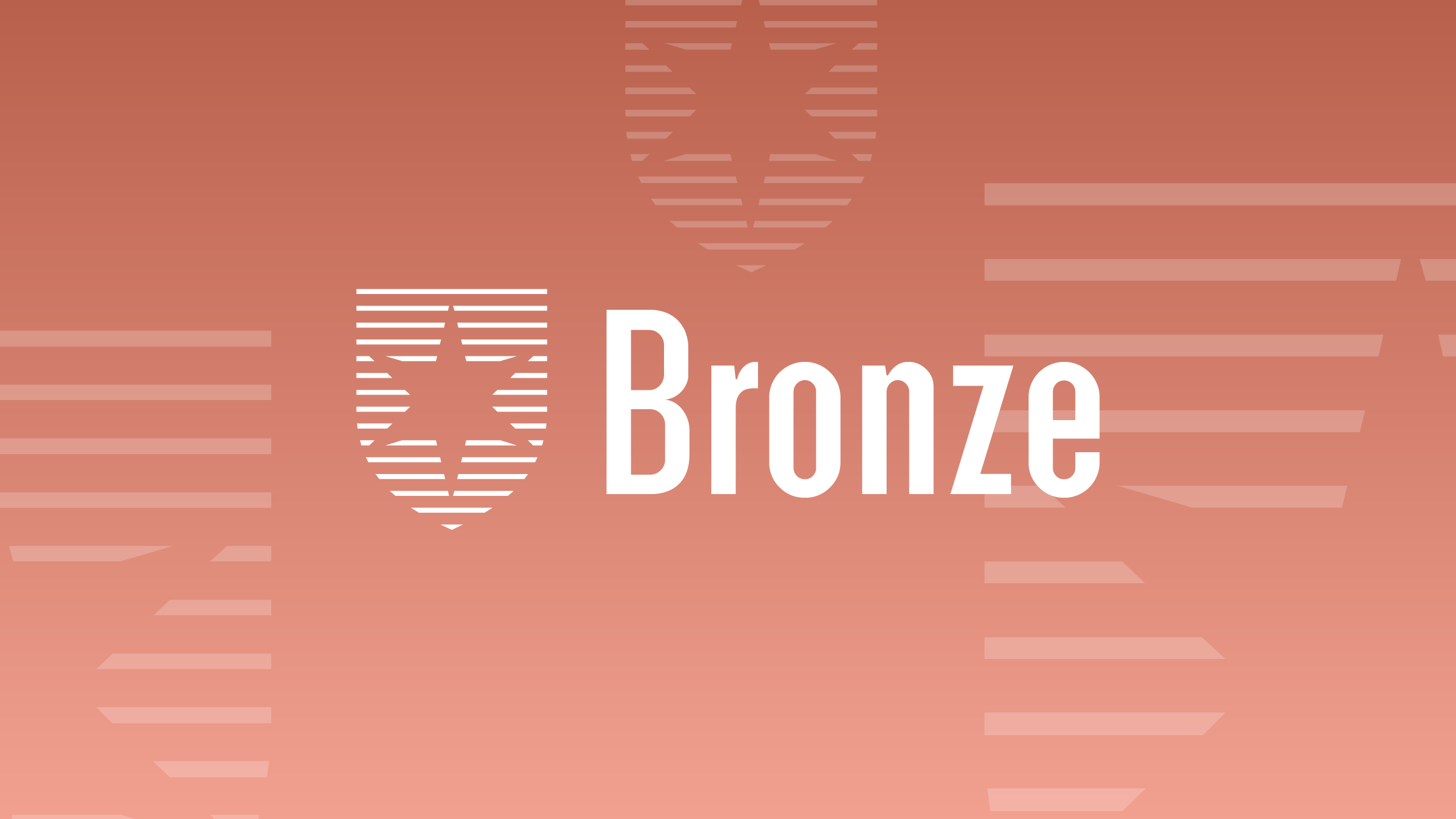Ruth Saldanha: Franklin Templeton Canada's 2020 RISE Survey found that 77% of Canadians said their inability to cover unexpected expenses was causing them stress. This was a month before the COVID-19 pandemic led to an unprecedented lockdown and subsequent loss of income for many. What does retirement look like now? Manmeet Bhatia, Head of Private Wealth for Franklin Templeton Canada is here today to discuss this.
Manmeet, thank you so much for being here today.
Manmeet Bhatia: Thank you, Ruth.
Saldanha: What are some of the key findings of the survey?
Bhatia: I think there are three key findings from my perspective. As you mentioned, over three quarters of Canadians, 77%, said their ability to cover an unexpected expense or a life event was already causing them stress prior to the pandemic. Secondly, the percentage of Canadians saving for retirement, whilst 79% of Canadians believe they should start saving for the retirement by the age of 30, only 41% have actually started or planned to start by that. And third, those who developed a financial plan are more confident that they will have enough money to last the rest of their lives. Only 18% of Canadians said they consult a financial advisor when assessing their savings. So, many investors are assessing long-term goal progress very much so with a short-term lens and doing it without professional guidance.
Saldanha: Now, one of the issues is that the survey was conducted before the COVID-19 pandemic led to the lockdown. Do you think these findings are still accurate after everything that has happened so far?
Bhatia: That's a great question, Ruth. Given the rise we've seen in unemployment rates and the overall shutdown which has occurred resulting from the pandemic, we would expect these findings to not only continue to hold true but in fact actually be more prevalent. Often exercises than an individual will undertake like saving for an emergency are very theoretical in nature. But for many investors we're currently in the midst of a real-life example of what can transpire really illustrating in real terms the importance of emergency savings.
Saldanha: Let's now talk about retirees and soon to be retirees. What are some of the ways in which they could protect themselves financially from something like this pandemic or this lockdown and the subsequent market downturn and volatility?
Bhatia: That's a great question again. First of all, I want to make sure that we differentiate between a lockdown and the slowdown. From an economic standpoint, we've experienced a significant slowdown and associated GDP contraction. This has generally translated into portfolio declines for investors, especially considering we were hitting all-time highs for equity markets earlier this year. So, an individual's time horizon is always a key consideration in determining the risk an investor is able and willing to assume and building an appropriate portfolio to match this risk tolerance is of utmost importance. You mentioned, Ruth, soon to be retirees. What's important to remember is that an investor's time horizon is not just the time between now and retirement but also their years within retirement. Depending on an individual's age and health, this could mean an additional 30 or more years that their savings and applicable pension income are required to satisfy expenses and life style. This really puts into light the fact that knee-jerk reactions to market volatility like moving entirely into cash in light of heightened volatility may not be conducive to achieving or sustaining long-term goals that an investor has set forth.
Saldanha: Finally, as we start reopening our economies, especially here in Canada, what do you see as some of the major risks to retirement for Canadians and what are some ways in which Canadians could protect themselves?
Bhatia: We've just come through and seen what has arguably been the longest bull market in history. It's during times like these that investors believe that we are essentially immune to sustained downturns and the returns that we've experienced during this period are going to be what they expect on a go-forward basis. During the sustained upswing some portfolios became more aggressive no longer accurately reflecting an investor's target risk tolerance level, making them more susceptible to and the magnitude of potential declines. Portfolio declines stemming from the pandemic were a stark reminder to all of us that risk management remains a key component to ensuring that investments continue to reflect an individual's willingness and ability to tolerate risk.
The survey has showed that 66%, so two-thirds, of Canadian retirees indicate that they are stressed about potentially running out of money. Setting a realistic return and expense targets can help mitigate some of these stresses. Ultimately controlling what we can and including our portfolio risk profile and working with a professional in developing and more importantly, sticking to a plan remains one of the best ways to set realistic goals and continue to ensure that you remain on pace over the long term to achieve those goals ignoring a lot of the short-term noise that occurs around us.
Saldanha: Thank you so much for joining us today, Manmeet.
Bhatia: I appreciate the time, Ruth.
Saldanha: For Morningstar, I'm Ruth Saldanha.




















